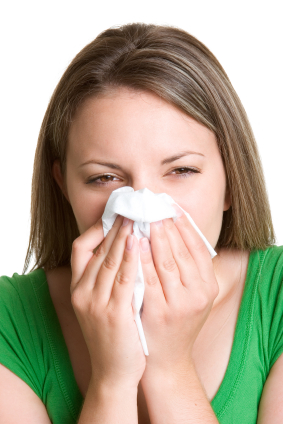With texting, phone calls, and other distractions while we
drive, our roads are more dangerous than ever. Automobile accidents can happen
to even the most careful drivers, and the injuries sustained from these
accidents are collectively called “whiplash injuries.” It is important to know
what to do in the event of an accident and take all the precautions you can for
your own health.
If you get into an accident, don’t disregard your injuries
just because nothing is broken and damage may appear to not be serious. What
you need to be aware of is that the cervical lordosis (the curvature in your
neck from the side) affects how severe your initial injuries are, as well as “the
long term pain and suffering from whiplash injury to the occupants.”[1]
If your neck’s curvature is already abnormal before an automobile
accident, it stands to reason that it will take longer to restore it to an
ideal position afterwards. That’s why it’s important to get chiropractic
restoration before you’re injured.
According to several research studies, patients who suffer long-term from whiplash
injuries are those who have abnormal cervical lordosis. They may experience
“neck pain and stiffness, headaches, arm pain, thoracic outlet symptoms,
dizziness, lack of concentration, degenerative arthritis in the cervical spine,
and disc herniations.”[2]
Just because you don’t feel immediate pain, or “only”
experience a symptom like a headache or minimal neck pain after an accident, it
doesn’t mean you aren’t seriously injured. Once your neck curvature is
misaligned from an accident, it can cause nerve interference and ultimately
affect every limb of your body.
So, what can you do? Ideally, seek spinal restoration care
before an accident occurs. It will set you up for a much easier recovery. But
regardless of whether you’ve seen a chiropractor before your accident or not,
if you’ve been in any kind of car
accident (as small as it may seem to you), seek chiropractic care immediately
so they can assess damage and the overall health of your spine.
The methods of Chiropractic BioPhysics that I implement in
my practice “are the only true evidence based methods that have been shown to
statistically and clinically improve the amount of cervical lordosis without
the use of surgery.”[3] If you find
yourself in the unfortunate situation of recovering from whiplash, wouldn’t you
want to make it easier on yourself by using proven, scientifically supported
techniques?
Working
to restore GOD's perfect design in you!
[1] “Your Neck Curvature Will
Help You or HURT YOU if You’re Involved in a Car Crash.” July 1, 2014. From
IdealSpine.com
[2] Kai et al.
Journal of Spinal Disorders 2001: http://www.ncbi.nlm.nih.gov/pubmed/?term=Kai+Journal+of+Spinal+Disorders; Hohl M.
Journal of bone and Joint Surgery Am. 1974: http://www.ncbi.nlm.nih.gov/pubmed/4434036; Norris SH
and Watt I. Journal of Bone and Joint Surgery 1983: http://www.ncbi.nlm.nih.gov/pubmed/6643566; Giuliano
V. Emergency Radiology 2002: http://www.ncbi.nlm.nih.gov/pubmed/15290548;
Kristjansson E, et al. JMPT 2002: http://www.ncbi.nlm.nih.gov/pubmed/?term=Kristjansson+E+Journal+of+Manipulative+and+Physiological+Therapeutics
[3] “Your Neck Curvature Will
Help You or HURT YOU if You’re Involved in a Car Crash.” July 1, 2014. From
IdealSpine.com











